
Soulmates
If you didn’t grow up frum, then you definitely don’t have people fighting over who gets to make the sheva brochas for you since they don’t even know what it is…

After getting married, I heard that Jewish couples were supposed to have sheva brochas.
Okay, what’s a sheva brochas?
It means seven blessings, and it’s a party they make for you every day after the wedding, usually at someone’s house. You sit with ten guys, separately I mean, and eat bread and whatever else they have, usually chicken, kugel and rice, and at the end they fill a cup with wine and pass it around to each guy who gets the honor of making a blessing.
Also, everybody else sings and bangs on the table. If you are born into a large, observant family, with grandparents, fathers and mothers, aunts and uncles, brothers, sisters, cousins, nieces and nephews, they divide it up, and try not to argue who gets the mitzvah of hosting the sheva brochas.
In those days I wondered what was wrong with me? What’s wrong with the bridegroom? How come our parents didn’t make a sheva brochas and didn’t buy us an apartment and everything that goes with it? When I sat in other people’s houses I felt I just had to have those kinds of candlesticks and silver kiddush cups and a bookcase with those kinds of matching leather-bound Gemaras…
But if you’re a regular American kid like I was, who didn’t grow up with a big frum family; just parents and a brother, may they rest in peace, and they all don’t know what you’re talking about and neither do you for that matter, you definitely don’t have people fighting over who gets to make the sheva brochas since they don’t even know what that is.
So, soon we ran out of people willing to host us. The sun was going to set in a few hours and we started feeling desperate. The bridegroom called the one friend he knew who had a car and convinced him to drive us in our sheva brochas clothes all the way from Crown Heights to New Jersey, where the yeshiva was, except that nobody knew we were coming.
So, we burst through the doors just before sunset, yelling “sheva brochas! Sheva brochas!” and people rushed out with whatever they had—a bottle of grape juice, a few slices of bread, a bag of potato chips, some leftover spaghetti—and when the food was gone the yeshiva guys sang and told stories. In fact, I 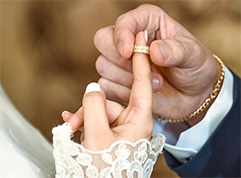 felt better starving in that yeshiva lunchroom than eating roast chicken and longing for the breakfront and the silver.
felt better starving in that yeshiva lunchroom than eating roast chicken and longing for the breakfront and the silver.
Like Rabbi Shalom Arush says, “a woman should be content with the reality of things no matter what…she does not blame herself or anyone else for the way things are going.” (Women’s Wisdom, p. 145)
Fast forward 30 years, and I still get worked up about sheva brochas. Our kids grew up and got married, most of them, and these sheva brochas still make me cry. Please don’t get me started. But here’s what happened:
My son Shalom was taking too long to get married, so I signed him up with a rabbi who gathered some cabbalists in Jerusalem and made a tikkun for people to find their soulmates. All the neighborhoods in the area could hear the cries and shouts; those cabbalists really put themselves into it. But four months later Shalom still hadn’t said a word about a soulmate.
Then suddenly, one day I guess he couldn’t hold himself back anymore, and he brought home a girl named Reut: she looked just like him, only in a womanly form. Shalom had hesitated to say that yes, the tikkun worked, since he’s a very reasonable kind of high tech guy, but at last he admitted they had met one month after the tikkun and special prayers, after years and years of loneliness and disappointments.
At a sheva brochas the last blessing is a chorus people sing; it’s the part where I start sobbing, and this is what it says:
“…joy and gladness…peace and friendship”. Do you know how to sing that in Hebrew? I’ll tell you: “gila, rina, ditza v chedva, ahava v achva, v’Shalom v’ Reut.”
Okay, stop there. My mascara is running. If I cry too much I won’t be able to write any more about it.
* * *
Alizah Teitelbaum has been an actress, an editor’s assistant at Random House, and a columnist at the Jewish Times of Johannesburg. Her stories have appeared in Hamodia, Ami, Mishpacha, The Voice of Lakewood, The Jewish Press, and other places. She edits fiction and poetry for https://sassonmag.com/ and blogs at http://alizahteitelbaum.weebly.com/blog . Alizah lives in the Negev Desert. Write to her at eliseteitelbaum@gmail.com


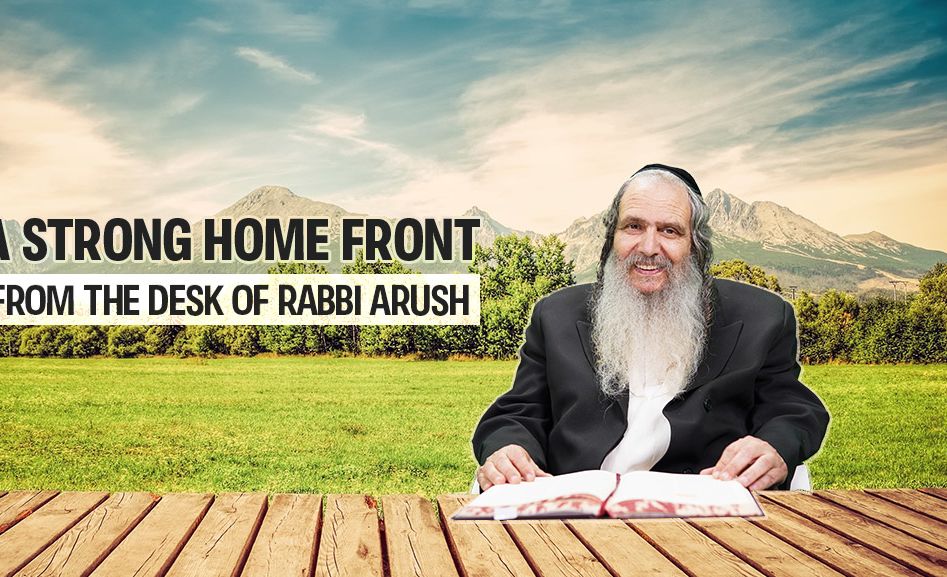
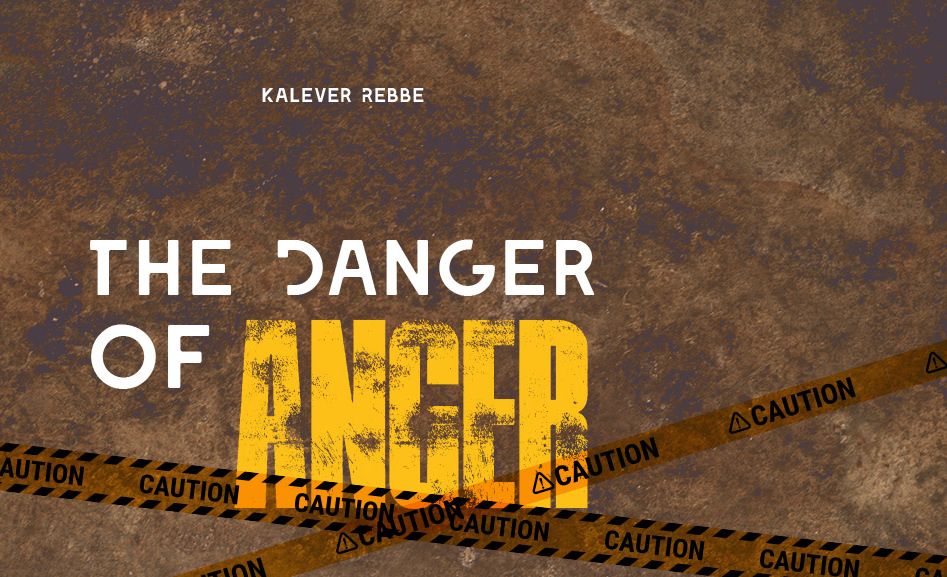
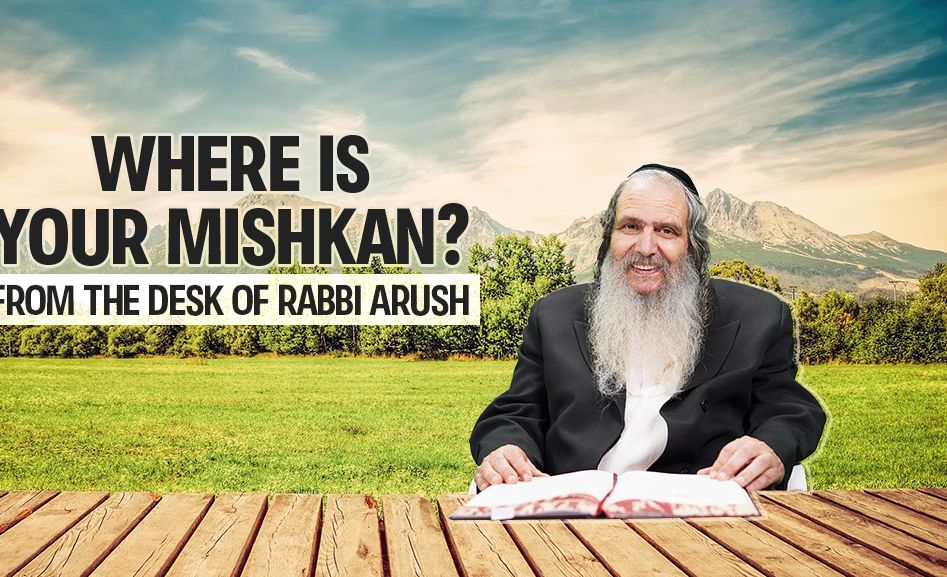
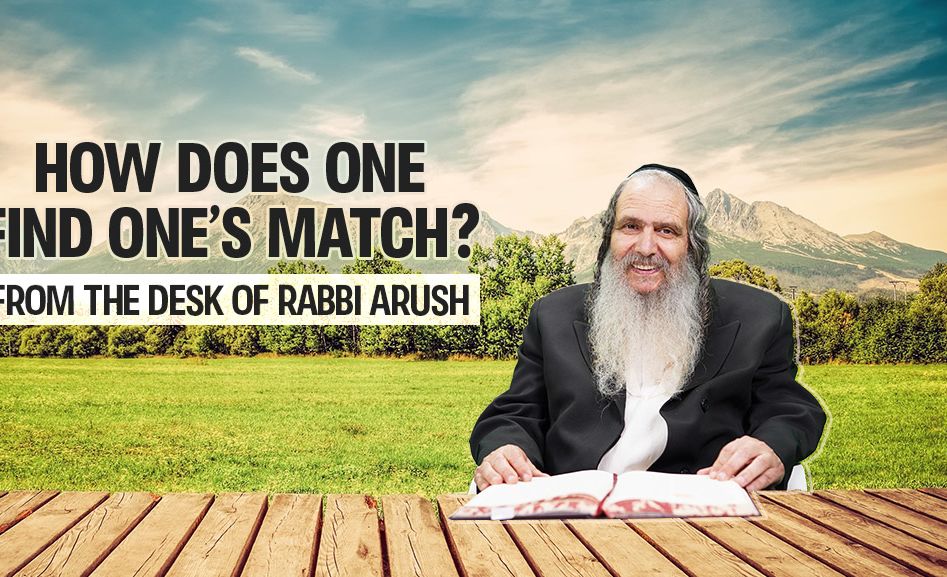

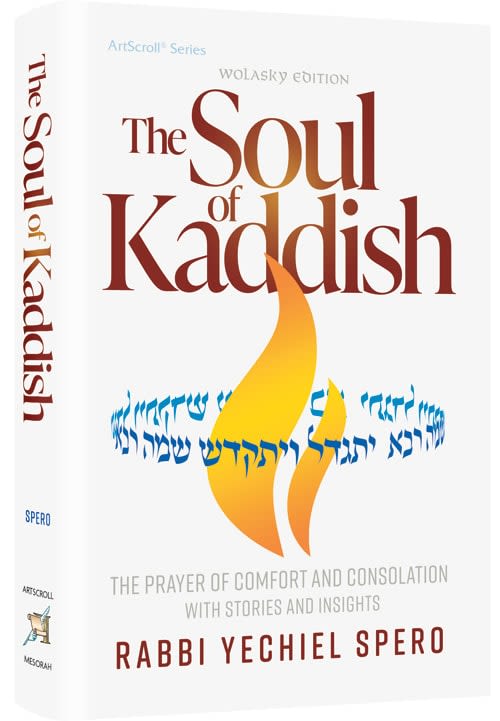

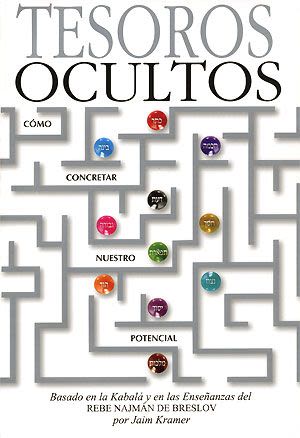

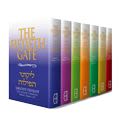
6/27/2023
That is so beautiful!!!!!
2/18/2019
Ani Baruch, because HaShem blessed me
Beautiful. Shalom v Reut
2/18/2019
Beautiful. Shalom v Reut